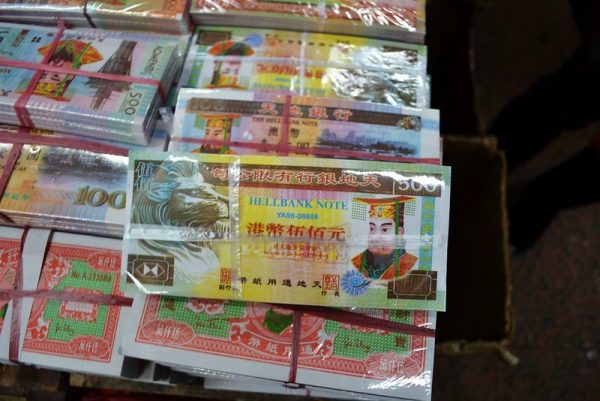Anyone who’s been to China can sometimes get a bit of festival overload, it seems there’s some festival every week! Spring Festival is, of course, the most well-known, followed by Mid-Autumn Day and the political festivals of National Day and May Day. But whereas younger people might look forward to ‘Chinese Valentine’s Day’ or ‘Single’s Day’ for the huge discounts on almost anything that you may want to buy, if you ask any older person what the most important festival is they will almost certainly tell you “Qing Ming Festival” (清明节 in Chinese), otherwise known in English as the Tomb-Sweeping Festival, Tomb-Sweeping Day or Ancestors’ Day.
So what is the Tomb-Sweeping Festival?
Usually falling on the 4th, 5th or 6th of April, this is the main day of the year specifically set aside for remembering the dead. It has been observed for 2500 years, especially since the Emperor Xuanzong set it aside as the official day of remembrance, having become annoyed at the extravagant ceremonies regularly held to remember the ancestors all throughout the year. In modern China, it has been a public holiday since 2008.
It’s not only marked in China but throughout East and South East Asia including in Malaysia, Singapore and Thailand but also to some extent South and North Korea where it is known as ‘Hansik’.
What do people do on Tomb-Sweeping Festival?

On this day, people will do their best to visit their ancestors’ tombs and clear away any rubbish before placing all kinds of offerings on the tomb, such as foodstuffs, alcohol and cigarettes and incense, before letting off the traditional firecrackers. They will kowtow to the ancestors as a symbol of filial piety. They will also burn paper money, also called hell money.
In cities around China, you can often see people burning paper money on the streets in a relatively secluded part of the city, facing their family tombs and using the only option open to them if they can’t travel home in person.
In recent years it has become a custom to burn not just paper money, but paper houses and cars, and even iPhones and iPads!
The reason why they burn these things is the ancient idea that it will then join the person in the afterlife, wherever that might be, and also reflects the idea that in the next life your ancestors need the same things we need in this life.
Indeed, Emperor Qin Shihuang built the Terracotta Warriors and buried them underground. Whereas emperors and kings east and west are used to building ostentatious displays of power for all to see, the idea was the Warriors and all the other treasures in the related tombs would accompany him to the next life where he would continue to rule.
The meaning of Tomb-Sweeping Festival
Tomb-Sweeping Festival itself is not simply a demonstration of respect for the departed though, it is also a ritual of togetherness, carried out by families and clans together and emphasizing the horizontal ties that bind people together in this world, and in China, the kinship group continues to play a huge role in people’s lives, their job, sorting any problems and even their marriage, often more important than the rule of law itself.
A very special Tomb-Sweeping Festival in 2020
This year, Qing Ming will take on an even more somber tone not just for individual families across China but for the nation and all its members themselves, as China has declared a national day of mourning and three-minute silence for all to observe in memory of the martyrs of COVID-19, the coronavirus which is now ravaging the entire world.
Read more about rituals of death amongst Iranian and Indian Zoroastrians and the Towers of Silence or in the Philippines with the Hanging Coffins





